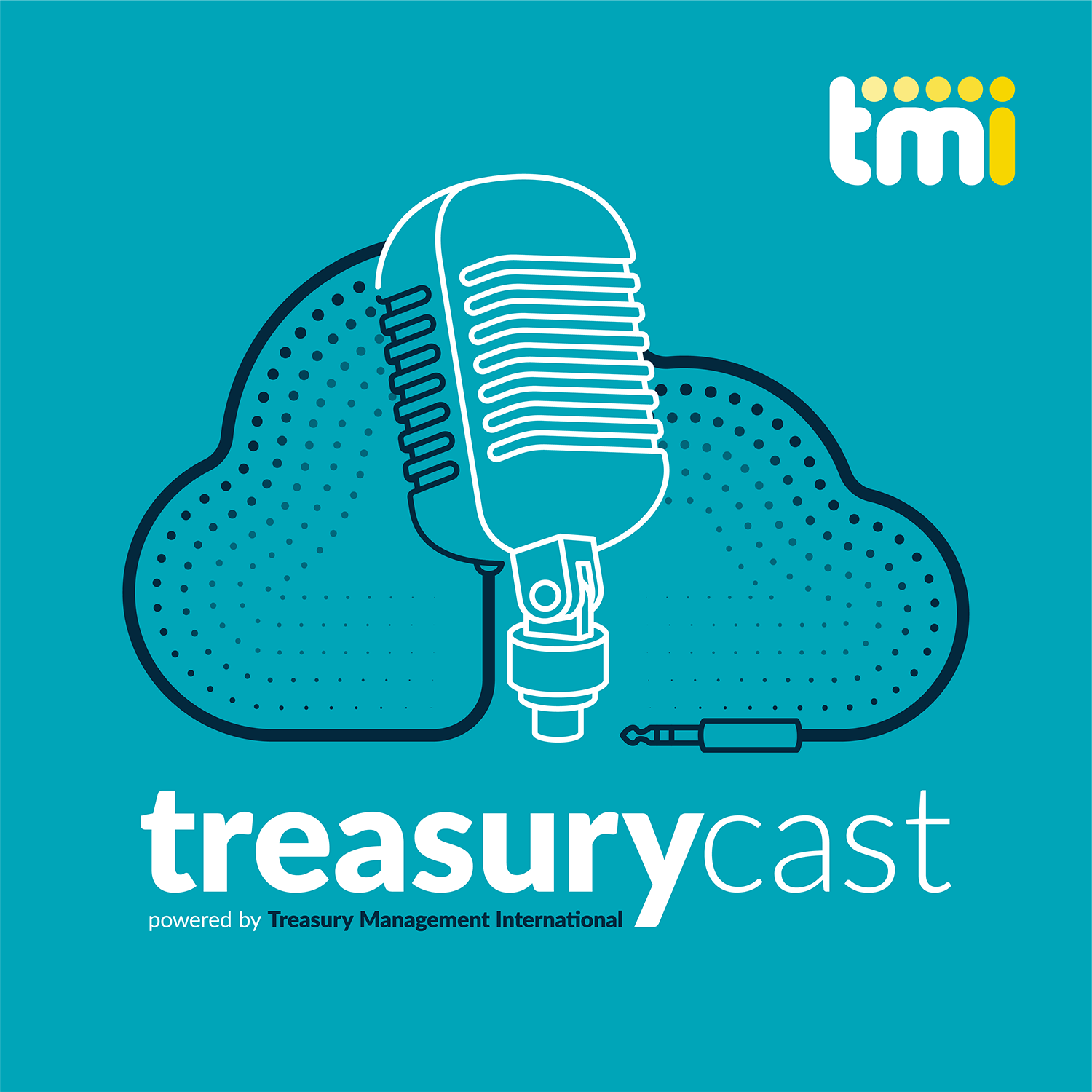LONDON – Bank of America Merrill Lynch, a global leader in payments, recently hosted a webcast on how to successfully navigate the payments landscape in Europe. The event was aimed at U.S.-headquartered businesses planning to expand their operations into the region.
Ken Ullmann, head of U.S. Central Region Treasury Sales for Global Commercial Banking, who led the discussion explained, “Based on BofA Merrill’s experience, there are five common European payment considerations that are frequently discussed with U.S. clients. While it’s challenging to predict which of these factors will influence a business a decade from now, a company’s future success can be shaped by what clients do today.”
During the webcast, these five considerations were ranked through a poll*. Results were:
- Using the right mix of payment instruments for each market – 37 percent.
- Evaluating how to set up FX controls (taking international payment flows into consideration) – 27 percent.
- Recognising when to establish local accounts to support transaction needs – 21 percent.
- Being aware of cultural differences that can impact the payments experience – 8 percent.
- Deciding on the location for a regional hub – 7 percent.
Ad van der Poel, EMEA head of Global Transaction Services (GTS) Product Management, Corporates, provided commentary during the webcast and reinforced that the right mix of payment instruments should be the highest priority. “Even though cheques are still widely used in the U.S., there are a number of countries in Europe, such as Belgium, that no longer use this payment method.”
“Europe is an important trading partner for U.S. companies and taking its complex payments landscape into consideration, there are also a variety of external factors to consider such as different regulations, country volatility and multiple currencies. Furthermore, the region includes a large number of countries, all at varying stages of development and maturity from a business and banking standpoint,” he added.
Alex Weaving, head of Commercial Sales for GTS EMEA, also provided his expertise during the event and agreed that implementing payment instruments when doing business in different countries is not a straightforward process. “While SEPA is used for low value payments and receipts in the eurozone, some countries still apply their own domestic instruments. In addition, multiple systems are used for high value wires which can further complicate the management of payments across the region.”
While the poll indicated that only 8 percent of clients focus on cultural differences, Weaving highlighted that it is a key area that should not be forgotten. “As most communication is conducted over the phone or through email, even the simplest things such as using the correct titles – Herr in Germany or Signore in Italy – and ensuring that local language is used on invoices, can make all the difference to a smooth transition in developing relationships with your new business partners.”
* 62 clients completed the poll





